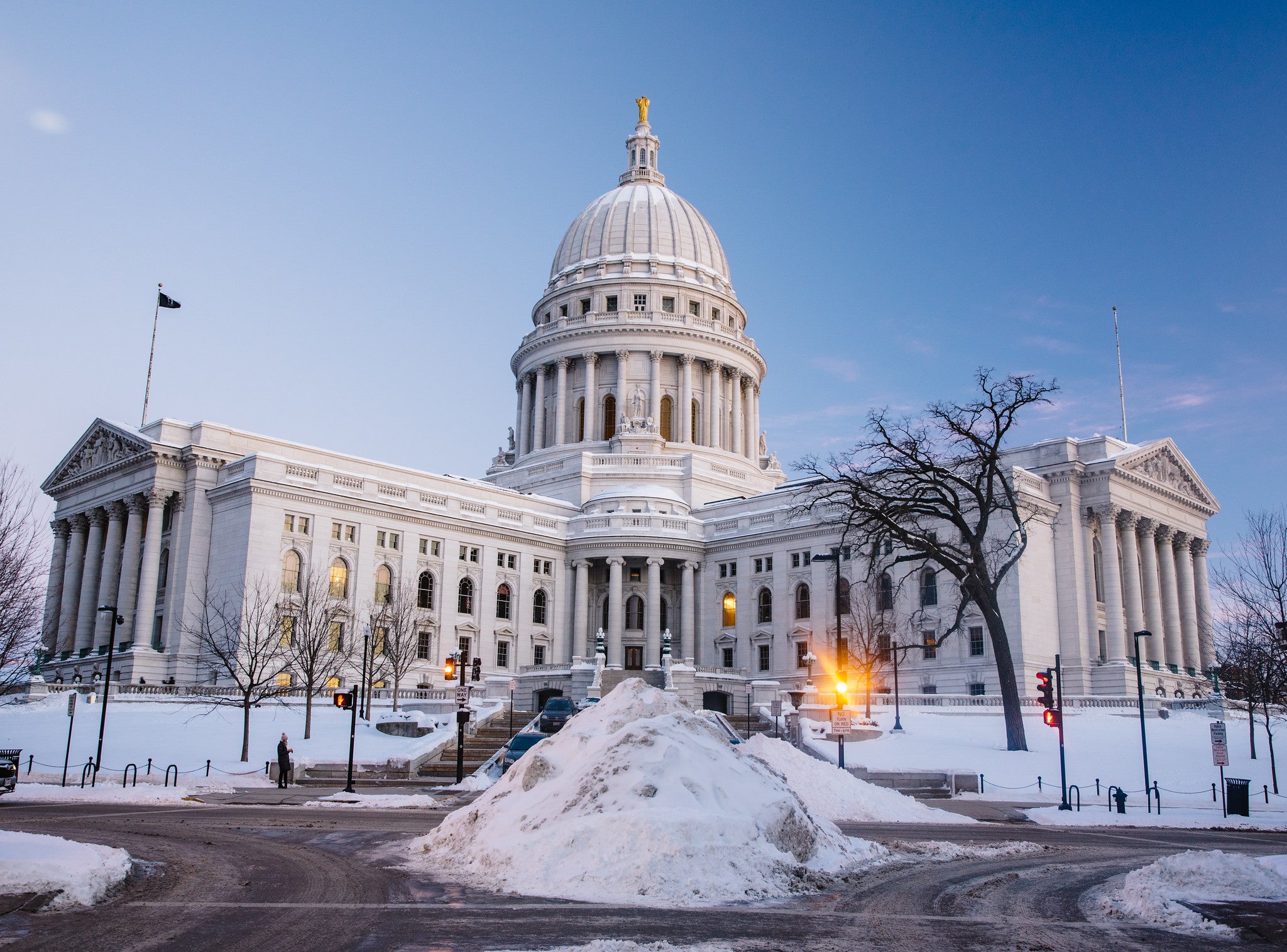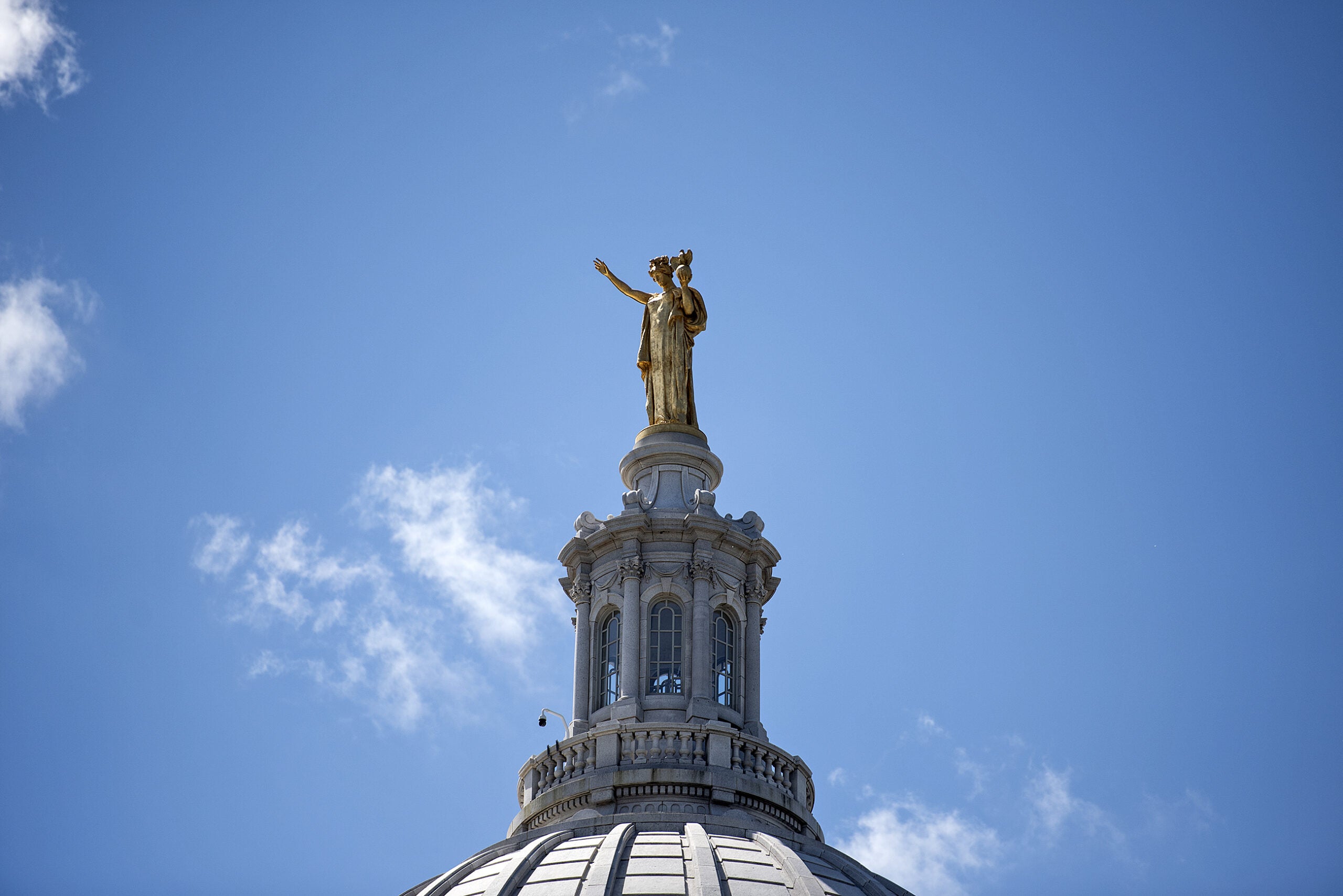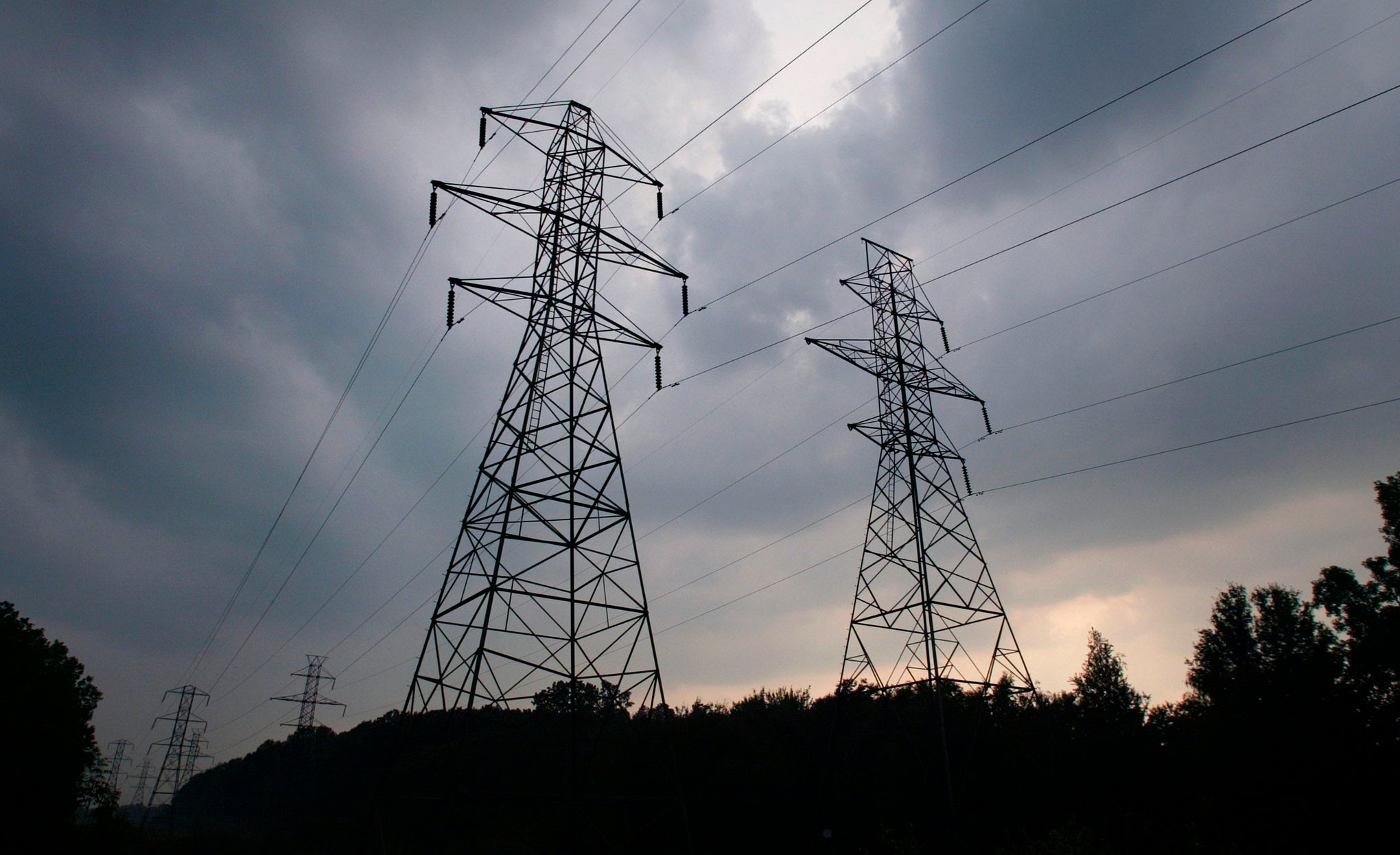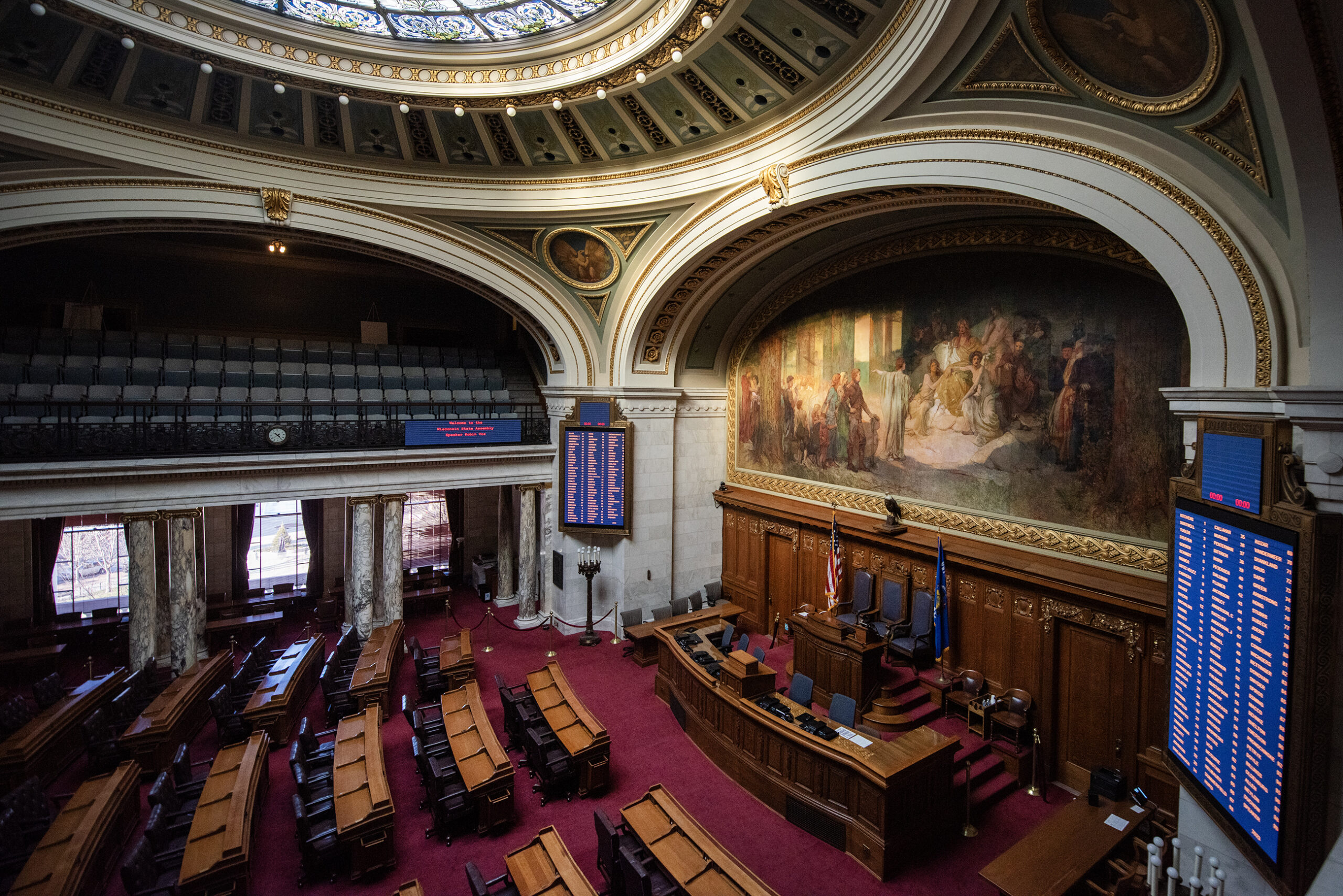The state Assembly passed a wide-ranging bill responding to the COVID-19 pandemic in Wisconsin on Thursday, but the measure is not expected to go further in the legislative process.
The bill, which was unveiled by Assembly Republicans on Monday, passed on a party-line vote of 56-34. It includes provisions that would limit virtual schooling and local health officers’ powers, as well as give legal immunity to businesses that don’t follow government requirements aimed at curbing the spread of the virus.
The leader of the state Senate, Majority Leader Devin LeMahieu of Oostburg, told the Associated Press on Thursday the plan does not have support in the Senate. Regardless, the bill would have faced a likely veto from Gov. Tony Evers, who has called out several “poison pills” in the legislation.
Stay informed on the latest news
Sign up for WPR’s email newsletter.
Ahead of the debate, Assembly Minority Leader Gordon Hintz, D-Oshkosh, characterized Thursday’s Assembly session as an “unnecessary political exercise.”
“What we’re meeting on isn’t real,” Hintz said. “It’s not going to happen.”
Hintz said lawmakers should return to negotiations and work out a bipartisan agreement. Evers released a COVID-19 response bill last month, saying it was the result of bipartisan meetings with state GOP leaders, but Republicans have declined to take it up.
While several health care groups have pushed back on the Assembly GOP plan, saying it doesn’t do enough to protect public health, some members of the Republican-controlled Senate argue it doesn’t do enough to restrict government actions during the pandemic.
Sen. Steve Nass, R-Whitewater, one of the Senate’s most outspoken conservatives, said Thursday in a prepared statement he would not support a COVID-19 response bill unless it “reopens” state government and prioritizes state funding to K-12 schools providing in-person instruction.
“We should not rush to pass a feel-good bill for politicians or special interests,” Nass said. “Instead, we should continue working to get a bill that meets the needs of families and protects the civil liberties of our constituents.”
Other elements of the Assembly GOP plan would have:
- Required the state unemployment insurance call center to expand its hours until a backlog of unemployment claims is at pre-pandemic levels.
- Extended the suspension of a one-week waiting period for unemployment benefits until March 14.
- Prohibited the state Department of Health Services (DHS), local health officials, and employers from requiring people to get a COVID-19 vaccine.
- Limited local health officers’ ability to restrict capacity of businesses during the pandemic to 14-day periods, unless the local government approves an extension of such an order. Each extension could only last 14 days.
- Barred DHS and local health officers from closing or forbidding gatherings in places of worship.
- Allowed a nursing home or assisted living facility resident to designate an essential visitor to visit and provide support for the resident.
- Required health insurers to cover testing for COVID-19 without imposing any copayment or coinsurance.
- Given the state budget committee more power over how federal COVID-19 relief funds are spent.
During debate, Assembly Speaker Robin Vos, R-Rochester, said the bill “started out with Gov. Evers, myself and the Senate Majority Leader.”
“So, I am very optimistic that everything in here is something that is modeled off of good ideas,” he said. “It’s modeled off past practice and, in many cases, it’s modeled off what other states with divided government have been able to accomplish when they put their nose to the grindstone.”
Evers and Democrats supported some elements of the bill, including the extension of unemployment call center hours and continued suspension of the one-week waiting period for unemployment benefits.
Prior to the new bill’s introduction, lawmakers last met in April to pass the state’s first COVID-19 response bill.
Assembly Resolution Condemns Political Violence In Wake Of U.S. Capitol Insurrection
Lawmakers also approved a resolution on Thursday condemning political violence the day after a mob of pro-Trump extremists invaded the U.S. Capitol building during congressional debate over certifying 2020 presidential election results.
The resolution, which passed on a voice vote without objection, said, “individuals engaging in violent acts during protests and demonstrations undermine the very political and social causes that they profess to support.”
Members of Wisconsin’s congressional delegation also denounced the violence at the Capitol on Wednesday.
Wisconsin Public Radio, © Copyright 2024, Board of Regents of the University of Wisconsin System and Wisconsin Educational Communications Board.






